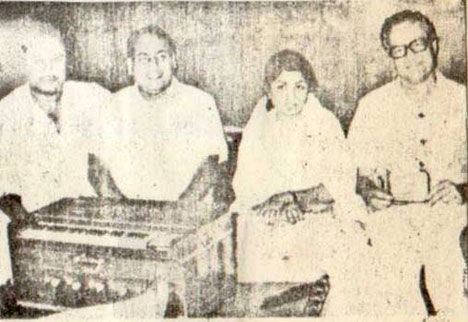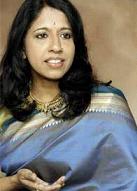



Naushad Ali was born on December 25, 1919 in United Provinces of Agra and Oudh United India. Naushad was raised in Lucknow, a city with a long tradition as a center of refined North Indian culture. He studied classic Hindustani music there, under such teachers as Ustad Ghurbat Ali, Ustad Yusuf Ali, and Ustad Babban Saheb.
Naushad spent several nights on the footpath after moving to Mumbai in the late 1930s to try his luck as a musician.
The composer, who hailed from Lucknow, had cried when his film Baiju Bawra was premiered at Mumbai’s Broadway theatre. When the late producer Vijay Bhat asked him why he was crying, Naushad told him he was sleeping on the footpath opposite the theatre when he had dreamt of seeing his music brought to life here.
His background music and songs have been heard in such influential films as Baiju Bawra, Andaz, and Mela. His soundtracks, however, have been criticized for their overly polished approach. Although his score for 100 chorus singers was a major factor in the commercial success of Mohabbet Zindabad, he was denied an award by the editor of Filmfare for being "too refined and classical."
he went on to score the music for perennial classics - Mother India (1957), Mughal-e-Azam (1960), Ganga Jamuna (1961) and Mere Mehboob (1963). In Mughal-e-Azam, Naushad's musical score was outstanding particularly the two songs by noted classical singer Bade Ghulam Ali Khan (Shubh Din Aayo and Prem Jogan ke Sundari Pio Chali) not to mention the Lata Gems (Mohabbat ki Jhooti Kahani pe Roye, Pyaar Kiya to Darna Kya) and Mohd. Rafi's Ae Mohabbat Zindabad with a chorus of 100! It was indeed shocking that Naushad lost the Filmfare award that year to Shankar-Jaikishen for their populist score in Dil Apna Aur Preet Parayi (1960). With the 1960s and the decline of Dilip Kumar, Naushad who used to compose music for most of the thespian's film also suffered a reversal of fortune as film after film of theirs came unstuck at the box-office. Naushad completed Pakeezah (1972) after Ghulam Mohammed's death and continued doing an occasional film right up to the 1990s but the magic of old was missing. the last film that Naushad composed music for was Akbar Khan's Taj Mahal: An Eternal Love Story (2005).


A winner of the Dadasaheb Phalke Award for his contribution to Indian Cinema, he passed away in Mumbai on May 5, 2006 due to cardiac arrest.


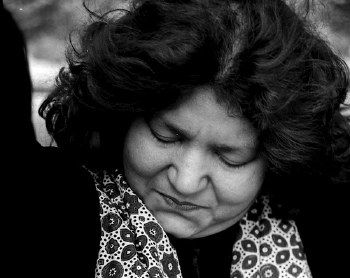


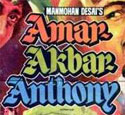
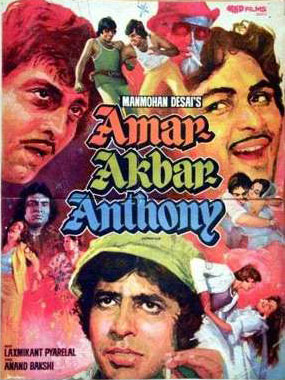 In the movie AMAR AKBAR ANTHONY(1977), The romantic duet by Rafi-lata, Kishore-Lata, Mukesh-Lata are the best pills of building a fire of love in any heart.
In the movie AMAR AKBAR ANTHONY(1977), The romantic duet by Rafi-lata, Kishore-Lata, Mukesh-Lata are the best pills of building a fire of love in any heart.